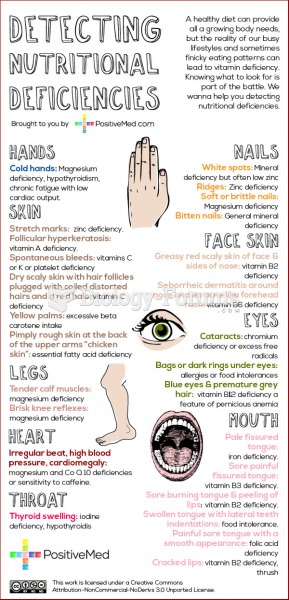This topic contains a solution. Click here to go to the answer
|
|
|
Did you know?
Never take aspirin without food because it is likely to irritate your stomach. Never give aspirin to children under age 12. Overdoses of aspirin have the potential to cause deafness.
Did you know?
It is difficult to obtain enough calcium without consuming milk or other dairy foods.
Did you know?
People about to have surgery must tell their health care providers about all supplements they take.
Did you know?
Atropine was named after the Greek goddess Atropos, the oldest and ugliest of the three sisters known as the Fates, who controlled the destiny of men.
Did you know?
The FDA recognizes 118 routes of administration.







